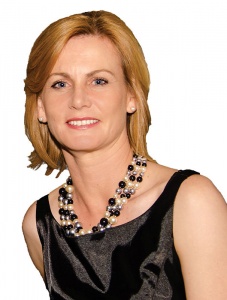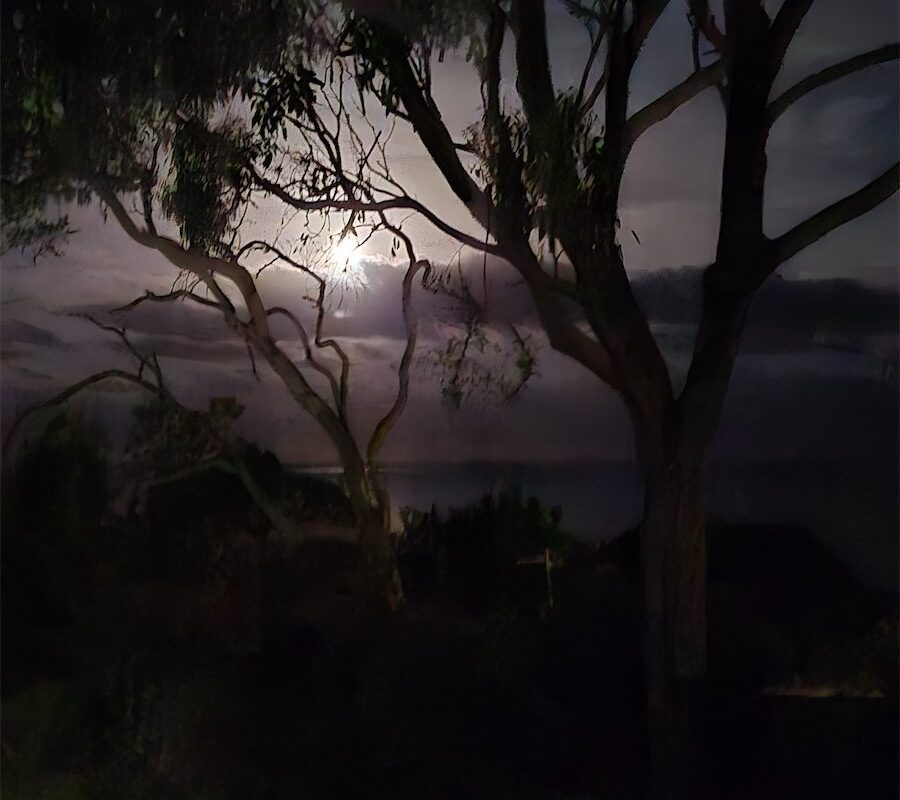IT contained all the elements of a soap opera: a failed marriage, a suggestion of insanity, the most tragic of deaths and a grave that would vanish without trace – save that it was all heart-breakingly true.
On November 28, 1932, Bertram Edward Porter, of Kingston, committed the first murder to occur in the barely christened Federal Capital Territory (by 1938, renamed the Australian Capital Territory).

His victim was his 11-month-old son, Charles, to whom Porter administered a dose of highly toxic strychnine, commonly used to kill rats.
Following a difficult separation and failed attempts at reconciliation with his wife of just two years, Vera (herself only 17 at the time), the 25-year-old, unemployed sheet-metal worker had portentously informed her: “This will be the end of us two today.”
Given its significance – and shocking nature – the details of the case are not overly difficult to come by, but what’s remained largely unknown for in excess of eight decades is the fate of those involved – including baby Charles and the mystery of his final resting place.
Porter had pleaded not guilty due to being of “unsound mind”, also declaring he’d intended to kill himself but was prevented by the arrival of the police.
After 18 hours, the jury was unable to reach a verdict in this first criminal trial for the then still innocent capital, requiring a second to be called.
This time it took only 25 minutes, during which Porter “sat passively and gazing with twitching eyes at the Bench”, and he was acquitted of murder on the grounds of “temporary insanity” but nonetheless removed to Kenmore, Goulburn’s “Asylum for the Insane.”
Incarcerated for two years, on agreeing to Vera’s request for a divorce, aided by the authorities declaring “the trouble which led to his detention has been caused primarily through his association with his wife”, the once apparently happy family man was released.
It’s uncertain as to whether Porter ever remarried and he’s believed to have died in Sydney in 1974.

The only other reference to Charles came two days after his death: one newspaper report detailed the strained remnants of his parents’ marriage as they stood on opposite sides of the child’s grave but “exchanged no word”, and also revealed that the funeral had taken place in Queanbeyan (at that point, still the only public cemetery in the region).
No record seems to exist though of a Charles Robert Porter buried in the town.
Whether coincidence or something less specifiable, while trawling records of the ever-fascinating Queanbeyan Riverside Cemetery (1846), I unearthed a trail that allowed me to piece together the most likely solution to the infant’s whereabouts.
There are many unknown or incorrectly attributed children’s graves in Riverside due to various floods, including the most infamous in 1974 in which so many were washed away. One I located stated simply, “Baby Jacobs, died c1959”.
Right beside this plot (O1 and N40a), a Vera Jofferette Ford had been interred in 1969.
It was Vera’s unusual middle name that raised the spectre for me, and lo and behold, it could be shown that Mrs Ford had previously been Mrs Porter – and had died at the age of 54, making her 17 in 1932.
And the link to Baby Jacobs, who’d allegedly died 10 years before Vera?
As reports of the Porter trial prove, Vera’s maiden name was Jacobs – and the “circa” alongside the baby’s date of death of course only indicates an estimation, accurate details no doubt lost as a result of the damage wreaked by the flood.
So with all of that, were baby Charles and his mother eventually laid to rest beside one another?
I’d like to think so.
Who can be trusted?
In a world of spin and confusion, there’s never been a more important time to support independent journalism in Canberra.
If you trust our work online and want to enforce the power of independent voices, I invite you to make a small contribution.
Every dollar of support is invested back into our journalism to help keep citynews.com.au strong and free.
Thank you,
Ian Meikle, editor








Leave a Reply